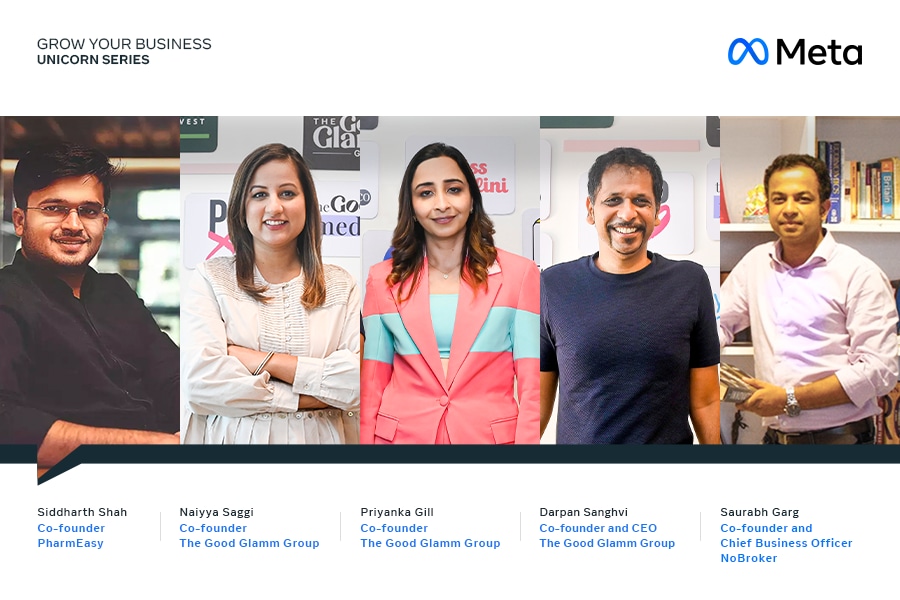
How India's top unicorns have reinvented themselves
Indian unicorns have harnessed platforms like Meta to reach their target audience through personalised offerings and have expanded at a scorching pace
 In recent years, India has become a hub for a record number of unicorns that have disrupted traditional business models. These outfits valued at over $1 billion face a unique challenge: how to create a differentiated product or a service while ensuring that they are discovered by millions of their prospective customers. This is where partnering with platforms like Meta makes a difference. Meta helps simplify a customer’s path from “discovery to purchase”.
In recent years, India has become a hub for a record number of unicorns that have disrupted traditional business models. These outfits valued at over $1 billion face a unique challenge: how to create a differentiated product or a service while ensuring that they are discovered by millions of their prospective customers. This is where partnering with platforms like Meta makes a difference. Meta helps simplify a customer’s path from “discovery to purchase”.
The Good Glamm Group, for instance, is a case in point. The content-to-commerce conglomerate is South Asia’s first beauty unicorn. It harnessed a wide assortment of products on Meta platforms like Facebook and Instagram to enhance reach through scalable and personalised ad campaigns. Today, with over 88 million users, mostly women, across Facebook, Instagram and other Meta platforms, the startup clocks over 1.5 billion monthly impressions.
The Good Glamm Group’s personalised targeted campaigns on all its digital media platforms have “resulted in an unprecedented scale”, says Darpan Sanghvi, the outfit’s co-founder and group CEO. Reels, stories, live interactions and other content formats on platforms like Instagram make it entertaining for both the content creators and consumers. Forging such partnerships is crucial in industries where the customer needs to be educated of the offering.
Similarly, PharmEasy in the healthcare industry, too, benefitted immensely from its partnership with Meta. “We had to build a brand and get people to believe in us, and I think that is where Meta Technologies came into the picture”, says Siddharth Shah, the Chief Executive Officer of API Holdings, which owns the PharmEasy platform. “Platforms like Facebook played a crucial role in driving scale and performance at a razor-fast speed for us.”
NoBroker, too, reinvented the traditional and fragmented real estate market by eliminating middlemen, partnered with platforms like Meta, to scale across multiple categories. This enabled it to be discovered by the right target audience in a timely manner.
Today, the service saves a staggering Rs. 3,000 crores ($380m) annually in brokerage fees across six metropolitan cities. Saurabh Garg, a co-founder, credits an “extremely simple, seamless and intuitive user experience” of its platform. It was equally important to spread the word to have customers discover the new service. “Naturally, Meta was the first platform of choice”, says Mr. Garg.




